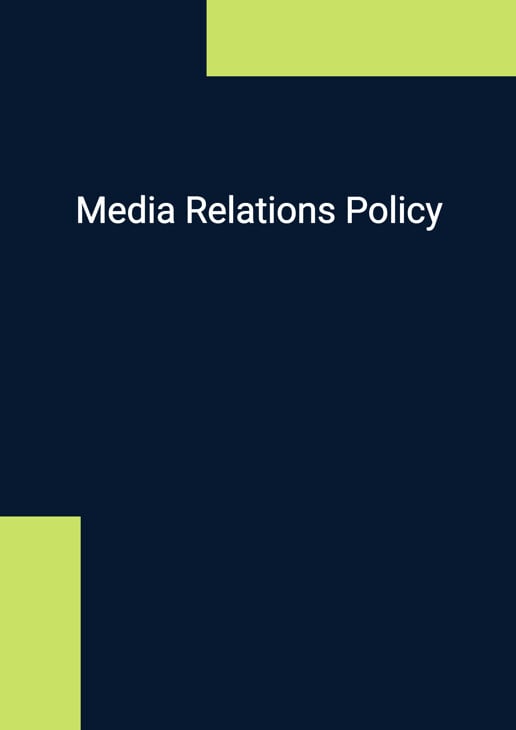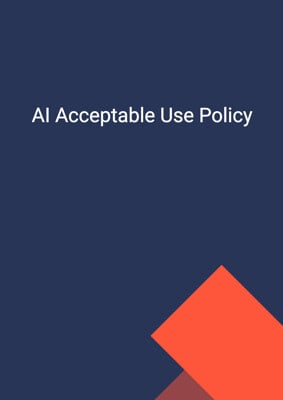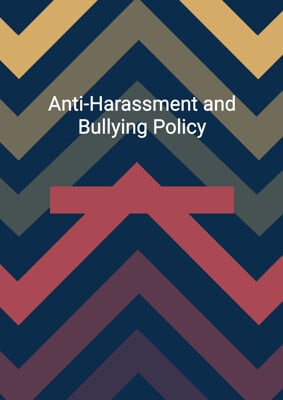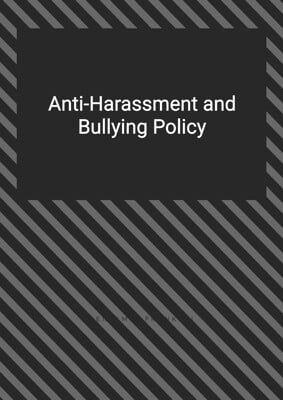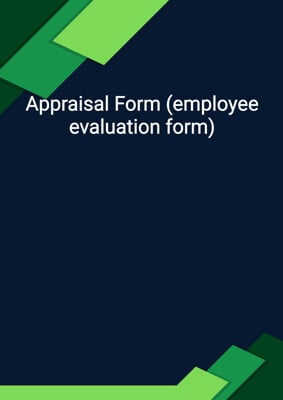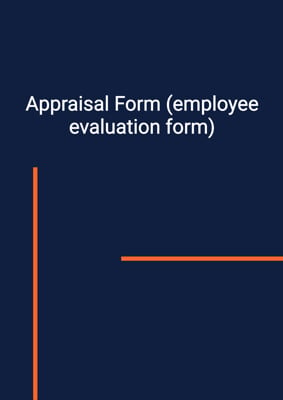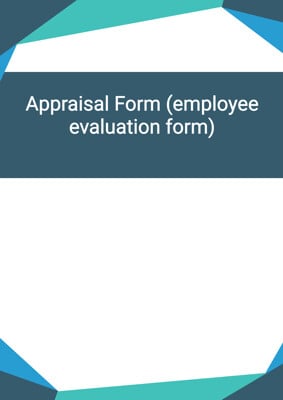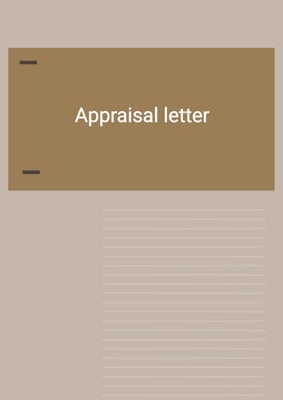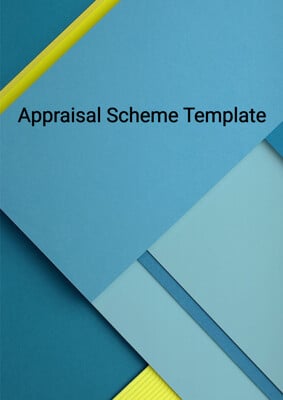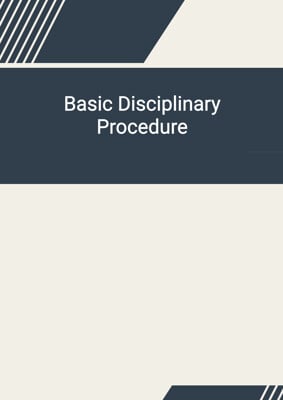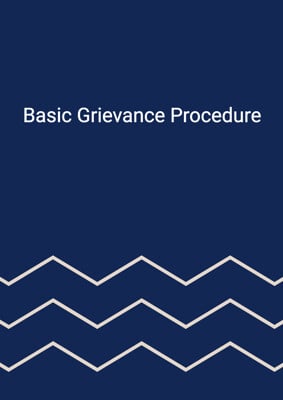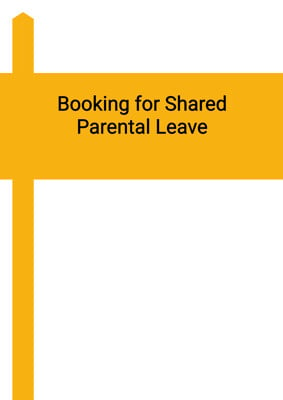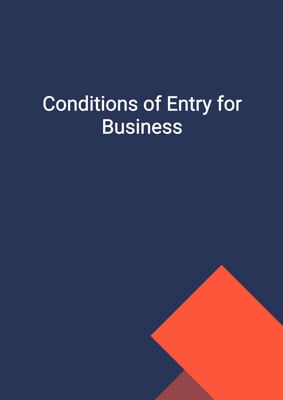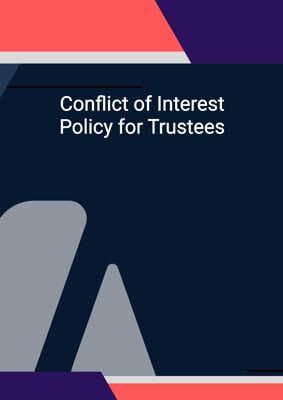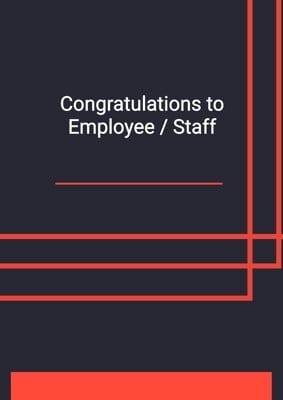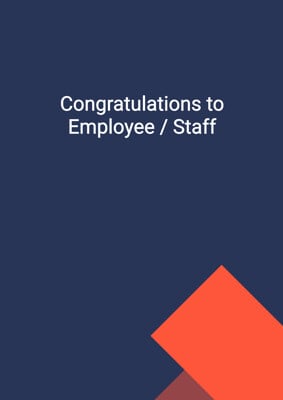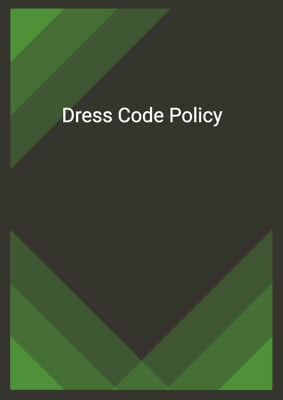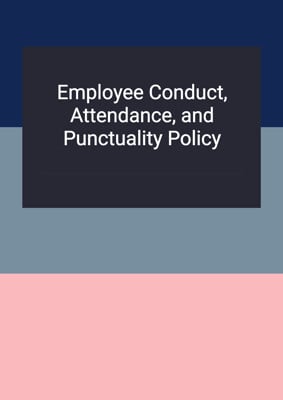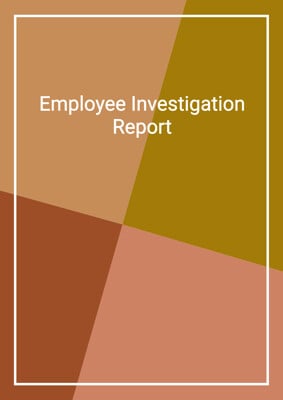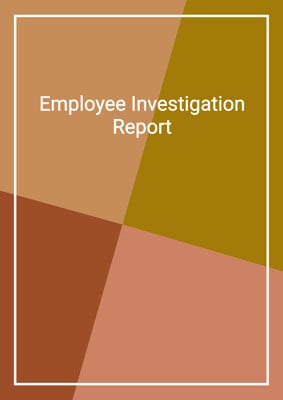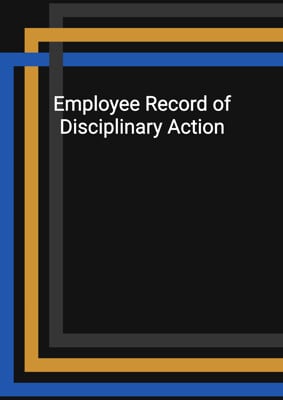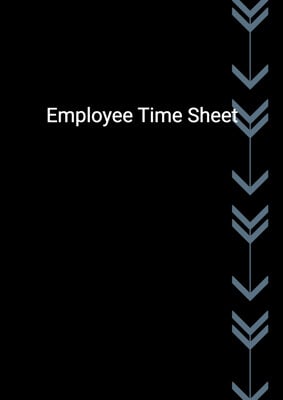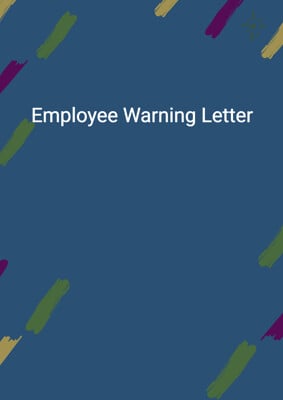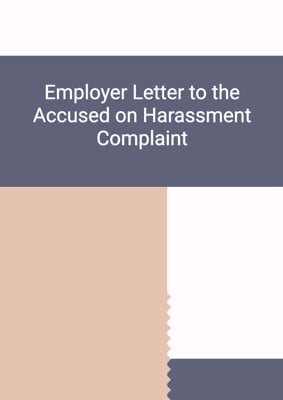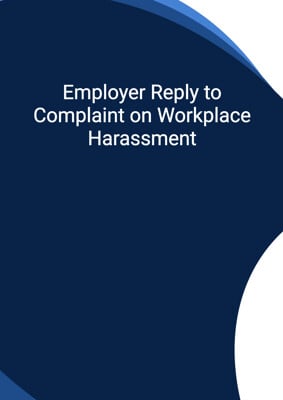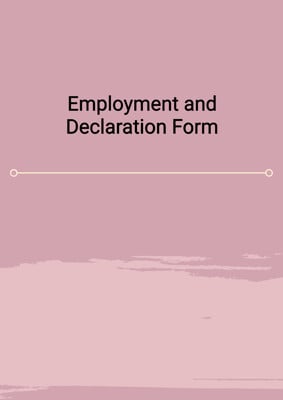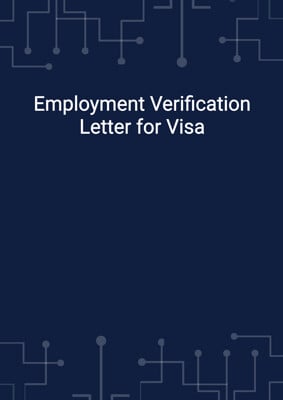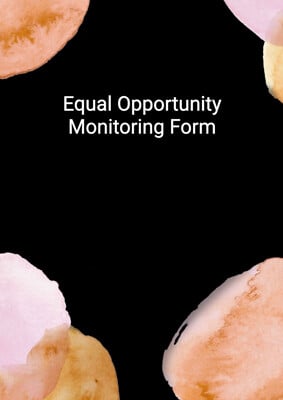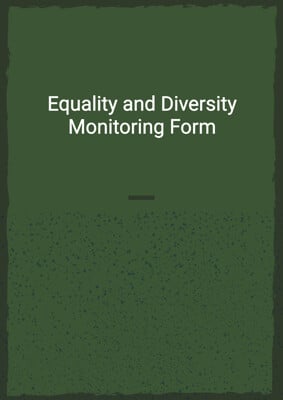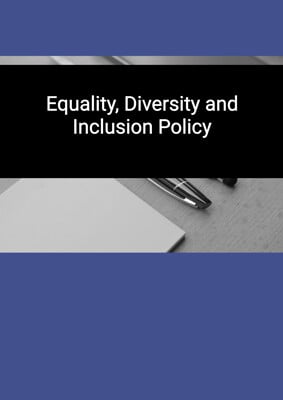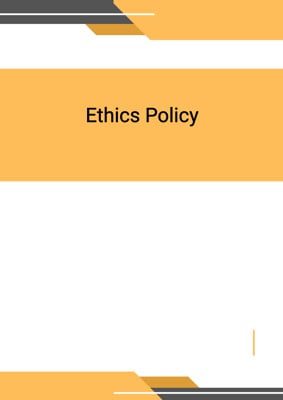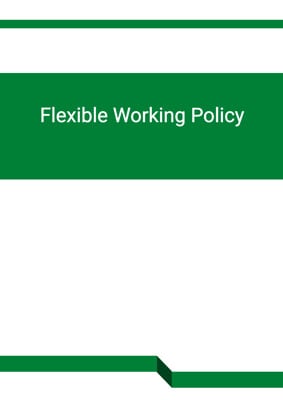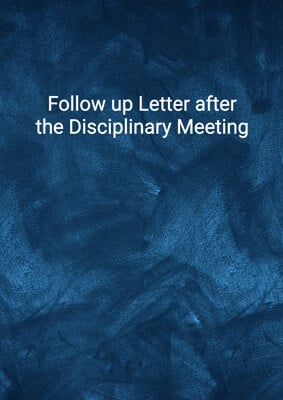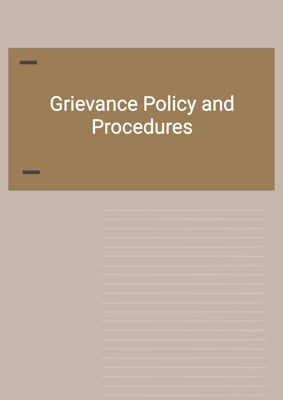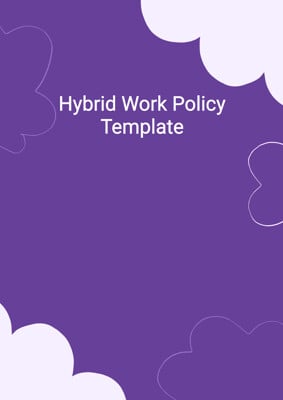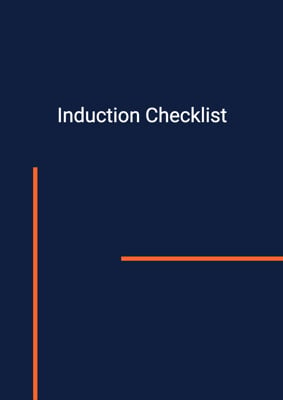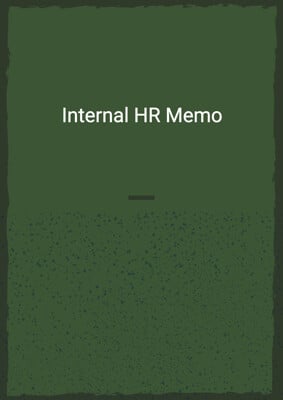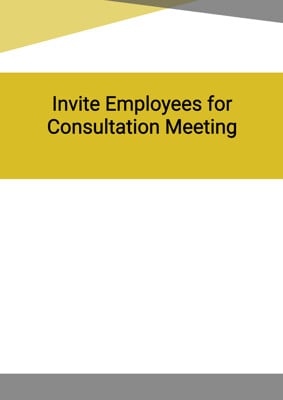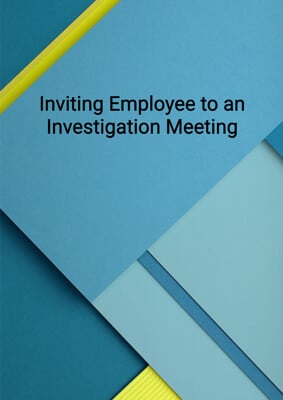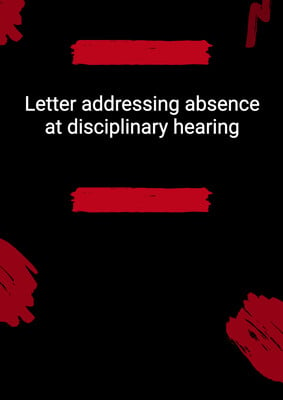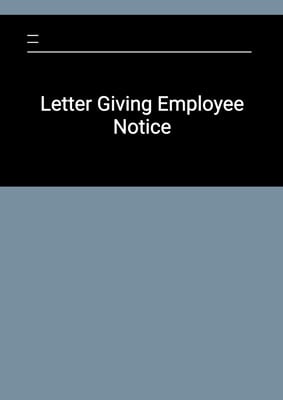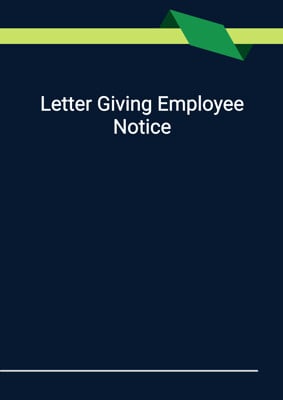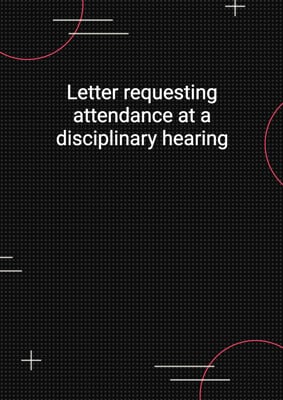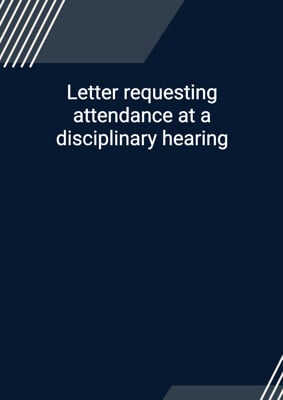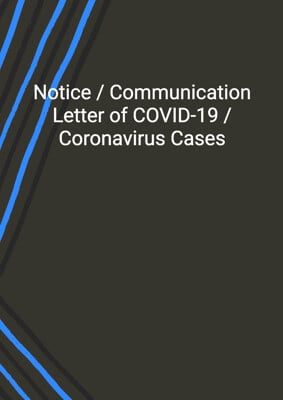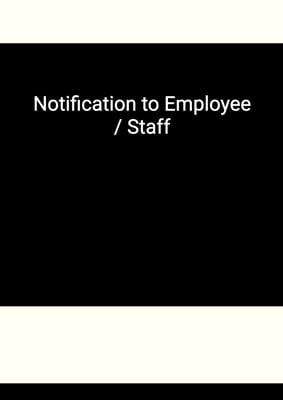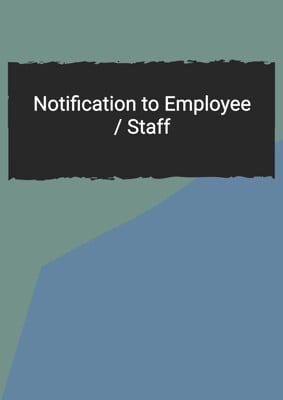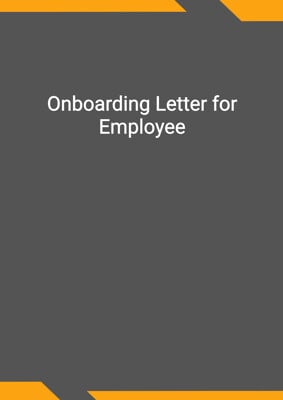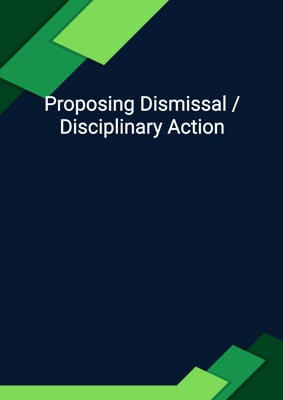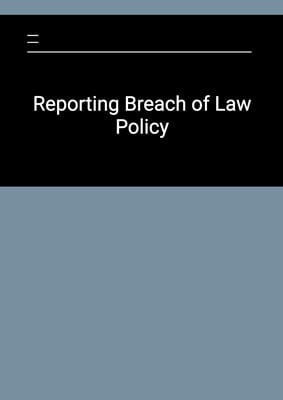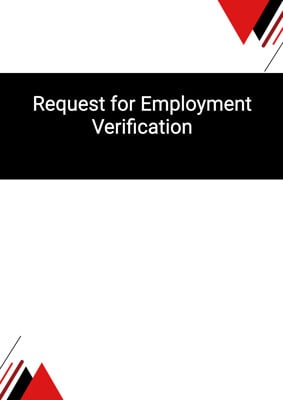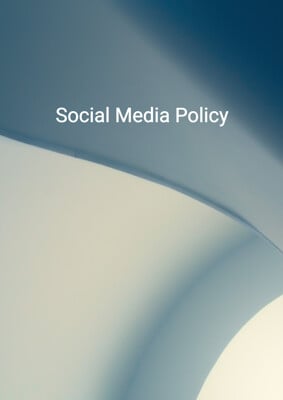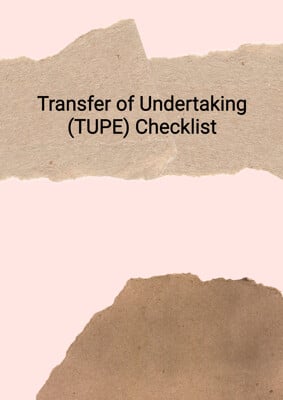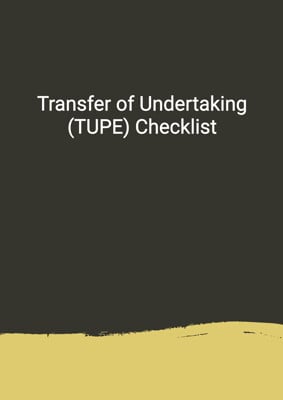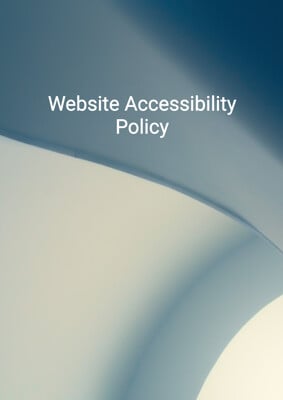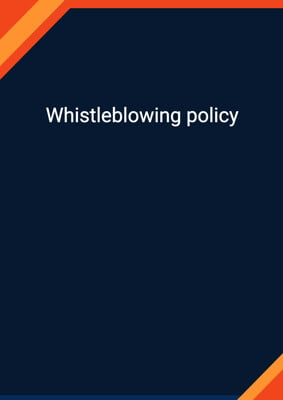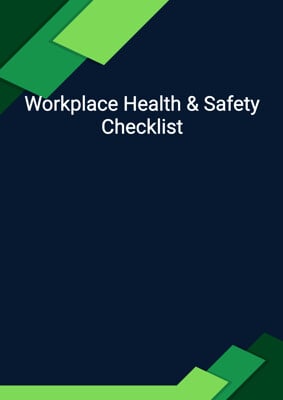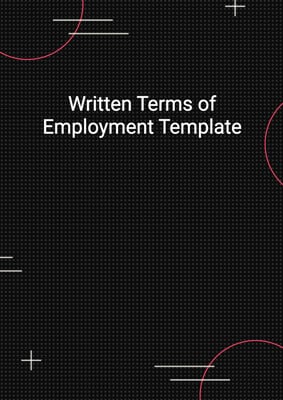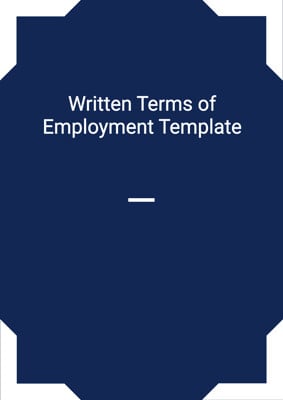How to Tailor the Document for Your Need?
01
Create Document
Click "Create Document" button and the document will be prepared with your account details automatically filled in.
02
Fill Information
Please fill in any additional information by following the step-by-step guide on the left hand side of the preview document and click the "Next" button.
03
Get Document
When you are done, click the "Get Document" button and you can download the document in Word or PDF format.
04
Review Document
Please review the document carefully and make any final modifications to ensure that the details are correct before publication / distribution.
Document Preview
Document Description
The document titled 'Media Relations Policy' is of great importance to the company as it outlines the guidelines and procedures for all employees when interacting with the media. It emphasizes the significance of protecting and enhancing the company's reputation through effective communication with the news media. The policy applies to all business-related discussions involving the company, its affiliates, and any related activities.
The document begins with a brief introduction, highlighting the importance of the company's reputation and the role of media relations in promoting the company's strategy and capabilities to clients, shareholders, and the public. It emphasizes that no person is authorized to speak to any member of the press without the prior involvement and approval of the corporate communications department.
The policy covers various aspects of media relations, including media contacts, media inquiries, media interviews, and participation in social media. It states that all news media requests seeking interviews or business-related discussions involving any employee must first be cleared by corporate communications and, if necessary, the employee's manager. It emphasizes the importance of reporting all media calls to corporate communications, even if they don't merit a response, to avoid unwanted or inaccurate press coverage.
When media interviews are approved, employees are advised to only comment on matters that reflect their specific areas of responsibility or expertise. Only authorized individuals, such as members of executive management and corporate communications professionals, may comment on strategic plans, significant organizational or administrative matters, and financial or non-financial information indicative of the firm's performance. Media inquiries on legal or compliance subjects will be addressed by corporate communications in coordination with legal and compliance departments.
The document also covers guidelines for speeches, articles, letters to the editor, and books related to business-related topics or the company. It states that all speeches or presentations in a public forum or event must be approved by corporate communications to determine if the subject matter appears to be sensitive or controversial. Participants must clearly distinguish between personal opinions and company positions, and prior approval from senior management and legal and compliance departments is required.
Furthermore, the policy addresses the use of company products and research in media interactions. Employees are prohibited from distributing product prototypes or research reports to reporters or non-clients, and requests for such materials should be referred to media relations. References to specific industries or products must be consistent with established company policies.
The document concludes with general guidelines, including the prohibition of disclosing material non-public information, commenting on specific earnings projections, breaching customer account confidentiality, and commenting on investment merits or market activities concerning company securities. It also addresses endorsements and the need for approval by corporate communications, legal, compliance, and supply chain management before providing publicity-related statements or qualitative comments about any aspect of a business.
For more information and guidance, employees are encouraged to contact their corporate communications representative.
How to use this document?
1. Obtain approval: Before speaking to any member of the press, whether on or off-the-record or on a background basis, it is crucial to obtain prior involvement and approval from the corporate communications department. This ensures that all media interactions are authorized and aligned with the company's media relations policy.
2. Report media inquiries: All news media requests seeking interviews or business-related discussions involving any employee must be cleared by corporate communications and, if necessary, the employee's manager. It is important to report all media calls to corporate communications, even if they don't require a response, to maintain accurate records and avoid unwanted or inaccurate press coverage.
3. Comment within expertise: When participating in media interviews, employees should only comment on matters that reflect their specific areas of responsibility or expertise. It is essential to avoid making statements outside of one's expertise to maintain credibility and ensure accurate representation of the company.
4. Coordinate with corporate communications: Even authorized individuals who can comment on strategic plans, significant organizational matters, or financial/non-financial information must coordinate discussions with corporate communications. This ensures consistency in messaging and alignment with the company's media relations strategy.
5. Seek guidance on legal/compliance inquiries: Media inquiries on legal or compliance subjects should be addressed by corporate communications in coordination with the respective departments. It is important to involve the appropriate experts to provide accurate and compliant responses.
6. Obtain approval for external promotions: If there is news about the company that needs to be promoted externally, such as new hire appointments or product launches, it is necessary to contact corporate communications for further discussion and approval.
7. Coordinate personal activities: If asked to discuss personal activities with the media, such as involvement with non-profit organizations, it is important to coordinate with corporate communications to ensure accurate identification of the activity as personal and separate from the company.
8. Adhere to social media policies: Participation in social media must comply with existing company policies, including the code of ethics, information protection, and the electronic communications & media policy. It is crucial to use social media platforms responsibly and avoid disclosing confidential or proprietary information about the company.
9. Obtain approval for public speeches/articles: All speeches, presentations, articles, and books related to business-related topics or the company must be approved by corporate communications. It is necessary to distinguish personal opinions from company positions and involve senior management and legal/compliance departments for review.
10. Obtain approval for endorsements: Providing publicity-related statements, endorsements, or qualitative comments about any aspect of a business requires approval from corporate communications, legal, compliance, and supply chain management. Endorsements should not be promised without prior approval, and requests for endorsements should be evaluated based on their value to the company.
11. Follow guidelines for company products/research: Employees are prohibited from distributing product prototypes or research reports to reporters or non-clients. Requests for such materials should be referred to media relations. References to specific industries or products must align with established company policies.
12. Adhere to general guidelines: Employees should be aware of general guidelines, such as not disclosing material non-public information, not commenting on specific earnings projections, and not breaching customer account confidentiality. It is important to follow these guidelines to maintain the integrity and reputation of the company.
For further information or guidance, employees are advised to contact their corporate communications representative.
Not the right document?
Don’t worry, we have thousands of documents for you to choose from:
